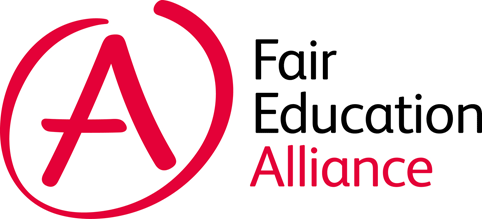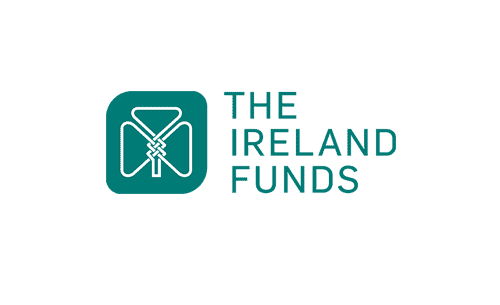To understand the war in Ukraine, we must understand Russia’s Parallel Histories

Of all the claims that Vladimir Putin has made about the war in Ukraine, the one that sounds most ludicrous to many of us is the idea that he is “de-Nazifying” Ukraine. President Zelenskyy’s Jewish heritage and the spat between Russia and Israel over Hitler’s ethnic background seem to highlight the absurdity of this position. However, it is important to recognize that Putin’s invocation of Nazis is not random, nor is it a complete invention. It draws its (limited) legitimacy within Russia from a parallel interpretation of 20th Century history that is alien to many of us outside of Russia, but helps to explain why Putin’s arguments are accepted by many Russians.
One clue to this history was given in Putin’s speech today on the day of victory, in which he praised “the unbeatable strength of our multi-ethnic nation”. The Russian Federation, and before it the Soviet Union, are self-consciously ethnically heterogenous. No country as large as Russia could ever hope to be “racially pure”, which is why Russian commentators can so easily bat away Western comparisons between Putin and Hitler. Combined with the Soviet Union’s prominent role in defeating the Nazis, in which it lost almost 20 times more lives than France, the UK, and the USA combined, many Russians regard their country as a bulwark against the Western European idea of race-based fascism. From this perspective, as long as Russia remains united it will be a multi-racial state, with a built-in cultural pluralism that prevents any leader or dictator of imposing a Nazi-style regime that prioritises racial purity. The backgrounds of some of the Soviet Union’s leaders fit this interpretation: Stalin was Georgian, and Brezhnev was Ukrainian.
So, our comparisons of Putin to Hitler make no sense to many Russians. But why is Putin applying the term ‘Nazis’ to Ukrainians? The simple, cynical answer is that World War II, known in Russia as the Great Patriotic War, still defines much of Russia’s modern identity. By invoking the memory of this war, which has been elevated by Putin to almost mythical status through his annual victory Day parades on 9th May, he is invoking the spirit of Russia’s greatest military triumph to generate enthusiasm for his current war .
For Putin and many other Russians, the impact of World War II is deeply personal. Although Putin was born in 1952 his family was decimated by the war; his older brother died of starvation in the siege of Leningrad, his grandmother was killed by German forces and his uncles disappeared on the eastern front.
However, there is a meaning that goes beyond the glorious victory and emotional memories of loss. The Soviet Union claimed to be a regime that had moved beyond national identity. Limited autonomy was granted to national minorities on the understanding that their leaders would remain loyal to the Soviet regime, a model that is also used in the modern Russian Federation. Any attempts by ethnic and cultural minorities to push for independence from the Soviet Union were crushed and dismissed as nationalism and fascism. While we might regard this logic as flawed, particularly as Russian was imposed as the dominant language and culture in the Soviet Union, it still holds in much of Russia.
In this context, Ukraine’s moves to distinguish itself from Russia, for example by removing Communist-era statues, are seen not as a neutral assertion of a distinct Ukrainian identity. Instead, it is spun by Putin and Russian media as Ukraine moving away from Soviet-style post-nationalism, towards imposing a single national identity on the whole country. Given that Ukraine includes many Russian speakers, this is interpreted by some Russians as a nationalist, even fascist, plan to forcibly impose Ukrainian identity on their fellow countrymen.
None of this excuses Putin’s actions in Ukraine. Nor is this interpretation of history shared by every single Russian. But it is important to remember that Putin’s references to Nazis are not just the rantings of a madman. They are not made in a vacuum. They are references to a specific, parallel interpretation of Russian and Soviet history that runs counter to ours and still holds resonance for many Russians today.
Luke Bacigalupo, Parallel Histories






